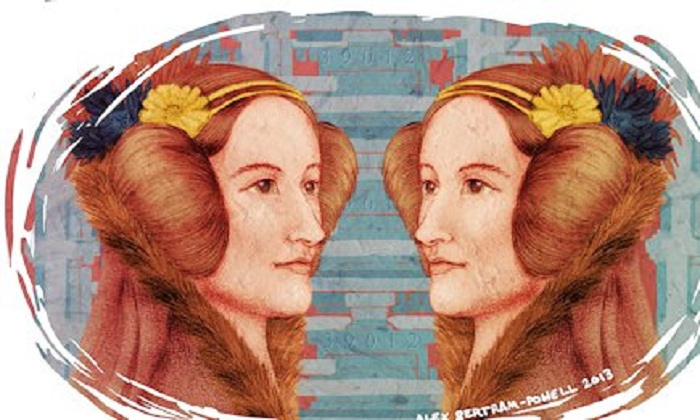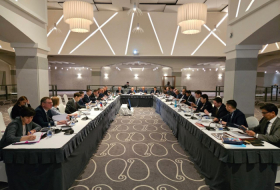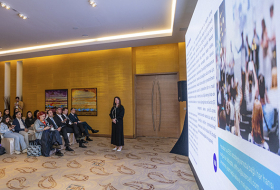Lovelace was Lord Byron’s daughter, though she didn’t know her father very well. She was schooled in maths and science, unlike the majority of girls at the time she was growing up. Her social circle included Charles Babbage, and her grasp of the potential for his Analytical Engine has led her to be hailed as the first computer programmer.
Coming from a psychology background, I’m luckier than women in many other fields of science in that I’ve been surrounded by girls and women throughout my scientific education and academic career so far. My lab group is predominantly women, and my first first-author paper has an all-female author list.
However, the role models as I advance in my field get slightly thinner on the ground. There’s only one female professor in my department at Bristol. This isn’t to say there aren’t many brilliant women in psychology, though (I’ve written about plenty before), and this is great, because there’s some evidence that it’s more important for women to see female role models than it is for men to see male ones. But even in psychology there’s an imbalance, and it’s much more pronounced in other fields of science and tech.
We know that women are underrepresented in science, and because of initiatives like Ada Lovelace Day, and organisations like ScienceGrrl, there are more and more people attempting to do something about the unconscious biases that may well be responsible for the discrepancy. But women are not the only group underrepresented.
Ada herself was a wealthy and highly educated woman. And these days academia still has more than its fair share of white, middle class employees. Perhaps as well as Ada Lovelace Day we need a day championing scientists, engineers and mathematicians who don’t fit this mould, in the hope that increasing the visibility of these people will encourage more diversity in future.
Of course, more needs to change than just visibility. The culture of academia needs to change in order for it to be a place that everyone can thrive. Unconscious biases are problematic and hard to remove precisely because they are unconscious. I may have been overlooked or belittled because I’m a woman - equally it’s likely I may have unconscious biases of my own. It isn’t just men who rate CVs with women’s names at the top as being of lower quality, the study that investigated this found that women did so too.
The harder question is how do we counter and overcome these unconscious biases. Being aware of the problem is the first step. Professor Athene Donald has a practical list of suggestions that I think is brilliant - and most can be applied to equality and diversity in science beyond gender. Encouraging diversity in academia benefits everyone, so what better time than Ada Lovelace Day to highlight the work of a woman that you think is inspirational, so that her achievement can inspire others.
More about:
















































